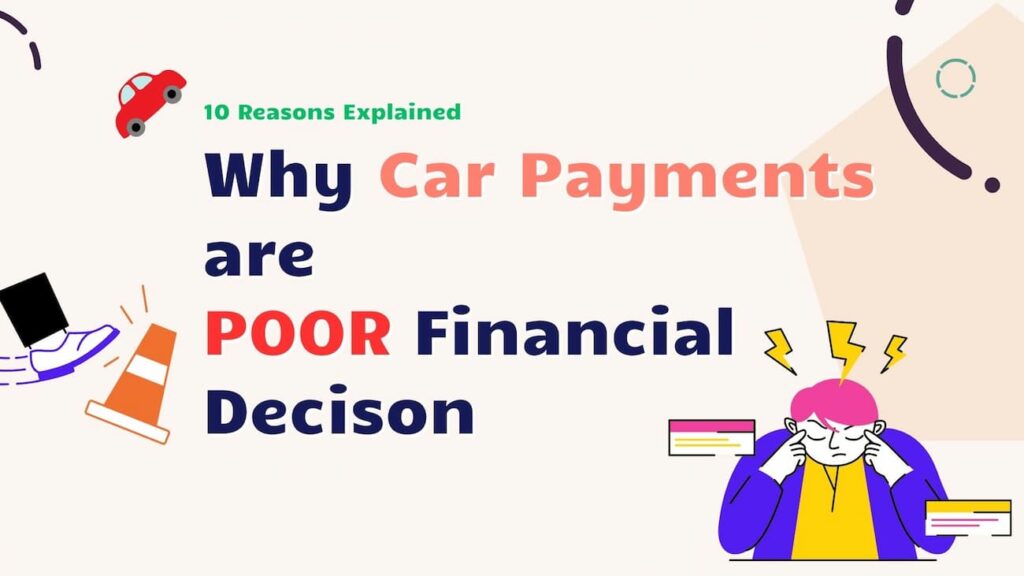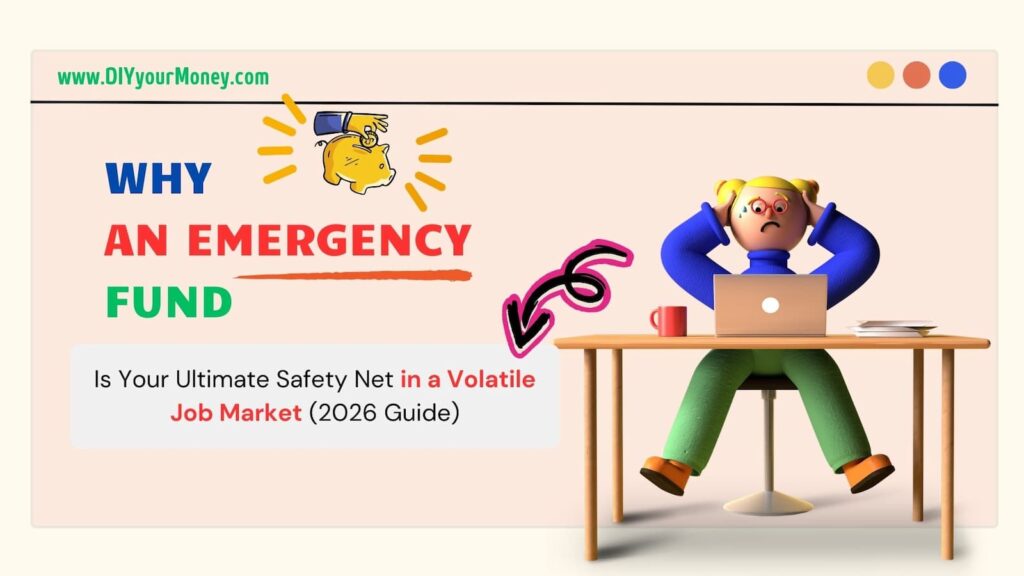The Costly Pitfall: 10 Reasons Explain Why Making Payments on a Car is Such a Poor Financial Decision🚘
A car stands as a mark of freedom and independence. It serves as a stepping stone to adulthood, a dependable partner on a road trip, or a crucial tool for your daily commute. But on the journey towards owning a car, many people opt for car loans without understanding the financial implications that follow.
So, why could financing a car be considered a poor financial choice? Here are 10 critical reasons to explain why making payments on a car is such a poor financial decision.
🚨1. Auto Loans Stretch Your Budget Beyond its Limits
Automobiles come with a hefty price tag and opting for auto loans simply translates to putting more financial strain on your budget.
- Monthly installments are non-negotiable and missing payments could lead to repossession.
- You’ll find yourself juggling between other essential expenses such as rent, groceries, utilities, and this new financial obligation.
🃏 The Domino Effect
Missed payments lead to diminished credit scores, affecting your borrowing capacity in the future. It simply is a cycle that keeps spiraling downwards if not checked.
🚨2. Depreciation: The Sneaky Villain
Cars, unlike some assets, depreciate in value over time.
- Most cars lose around 20% to 30% of their value in their first year [Car Depreciation: How Much Value Does a Car Lose Per Year? – CARFAX.]
- That percentage jumped up to nearly 60% in the first five years[12 Factors That Affect Your Car’s Resale Value (moneycrashers.com)].
🃏 The Double Whammy
Here’s the double whammy: while your car’s value decreases, your loan amount remains the same. This scenario is commonly known as being “upside-down” on your loan.
"Depreciation is a silent yet monumental detriment to your finances when it comes to auto loans."
- A wise guy Tweet
🚨3. Interest Rates: The Clandestine Culprit
Interest rates attached to auto loans can be daunting and add up over the life of your loan. The longer the tenure, the more you end up paying.
🃏 Compounded Misery
Here’s the double whammy: while your car’s value decreases, your loan amount remains the same. This scenario is commonly known as being “upside-down” on your loan.
🚨4. The Tyranny of Long-Term Loans
Long-term loans might look appealing with lower monthly payments, but they stretch the repayment period resulting in higher overall expenses.
- You’ll end up paying interest for a longer period.
- This approach could leave you owing more than the car is worth.
🏎️ The Long Road to Freedom
Always remember, that the longer the loan term, the more expensive your car becomes in the long run.
🚨5. The Curse of Extra Costs
Auto loans often come with additional surprise costs, which you can’t escape after the purchase:
- Taxes
- Insurance
- Regular maintenance
- Emergency repairs
🚔The Illusion of Affordability
All these additional costs make the purchase more expensive than it initially seemed, shattering the illusion of affordability that auto loans offer.
🚨6. Impact on Saving Goals
As your money gets directed towards car loan repayments, your ability to save for your future and immediate needs can be significantly hindered.
🚨7. Added Stress, Reduced Freedom
Financial stress caused by auto loan repayments can severely limit your daily life. This increased pressure can have profound effects on your mental and emotional wellbeing.
🚨8. The Risk of Repossession
If you are unable to make your payments, the lender has the right to repossess your car. This result could leave you without a vehicle and with a significant credit hit.
🚨9. Blocking Investments Opportunities
Committing a substantial part of your income towards your car loan means missing out on opportunities to invest and grow your wealth.
🚨10. Impedes on Building Emergency Funds
With a considerable chunk of your earnings being directed towards your car loan, building a solid emergency fund can become a challenging task, potentially leaving you unprepared for life’s unexpected turns.
Conclusion🛣️
While financing a car might feel like an easy route to mobility and prestige, the true economic implications are staggering. The real cost of owning a car extends beyond the sticker price, pulling in factors like interest rates, depreciation, credit score impact, and other hidden costs.
If you’re on the cusp of deciding whether to finance a car or not, remember this key takeaway: A car is a depreciating asset that can significantly impair your financial prospects. Always consider the long-term implications.
Don’t let the glamour of polished metal blindside you. Make an informed decision, do the math, and take the wheel of your financial future.
Looking upon these reasons, it is clear why an auto loan might not be the wisest choice for your wallet.
"A car, in the end, is a depreciating asset. As enthralling as the idea of owning a car may be, the joy should not translate into financial imprudence."
- Wise Traveler Tweet
It’s essential to plan smartly, consider your financial situation holistically, and explore all available options before making a big financial commitment like an auto loan.
What's Next: take action today 🎯
- Start Budgeting: Decoding the Perfect Budget: Know How Much to Save Each Month
- Learn Why you must think about money: Best Books for Financial Education









